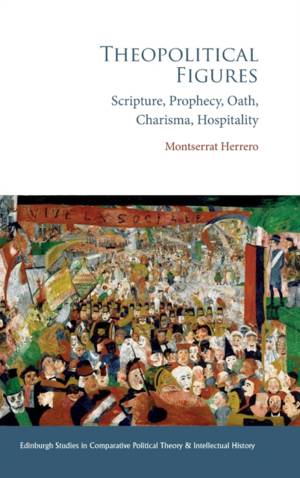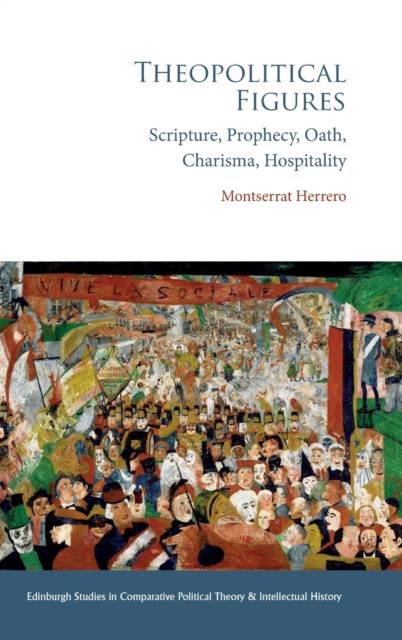
- Retrait gratuit dans votre magasin Club
- 7.000.000 titres dans notre catalogue
- Payer en toute sécurité
- Toujours un magasin près de chez vous
- Retrait gratuit dans votre magasin Club
- 7.000.0000 titres dans notre catalogue
- Payer en toute sécurité
- Toujours un magasin près de chez vous
Description
The book addresses the question of the extent to which theological discourse has been and is relevant to the origins of the meanings, symbols, and realities of some instituted political practices. This relevance has historically manifested itself in the hybridisation of theological and political concepts, images, gestures, and rituals. Indeed, some divine traces could be seen as embedded in institutionalised political practices. Theopolitical figures, then, are other names for God - in the sense of negative theology - that we find in instituted practices within the political realm. The book considers five theopolitical figures: scripture, prophecy, oath, charisma, and hospitality. In the symbolic meaning of these figures, we discern some central questions for contemporary societies, among them: the unconditional character of justice, the unfeasibility of historical expectation, the stability of the given word, the idea of power as a gift, and openness to the coming other as an ethical-political imperative.
Spécifications
Parties prenantes
- Auteur(s) :
- Editeur:
Contenu
- Nombre de pages :
- 272
- Langue:
- Anglais
- Collection :
Caractéristiques
- EAN:
- 9781399522915
- Date de parution :
- 01-08-23
- Format:
- Livre relié
- Format numérique:
- Genaaid
- Dimensions :
- 156 mm x 234 mm
- Poids :
- 594 g

Les avis
Nous publions uniquement les avis qui respectent les conditions requises. Consultez nos conditions pour les avis.






